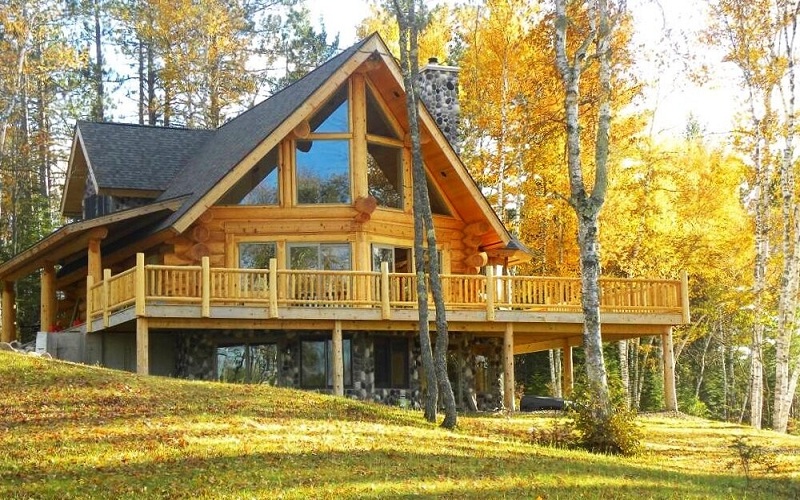Buying a Holiday Home vs. Renting a Holiday Home

For most individuals out there, holidays mean parking their cars to the brim and heading to their favorite holiday home. And once you get there, while relaxing with your family in the sun, you may think how wonderful it will feel to embrace the 21-5 concept of owning a holiday home. But the question is – does it make more sense to rent a holiday home every year or buy one? Let’s find out.
Renting vs. Owning
The costs of renting a holiday home spacious enough for your friends and family in Mallorca may start to add up with time. A Mountain View ski chalet, a classic cottage, or a summer villa kitted out with a private pool, which is spacious enough to accommodate about 8 people for one month may cost between $10,000 and 20,000, along with the holding deposits and cleaning fees you need to pay for the unknowns or accidents, not to mention, the effort and time, which you spend looking for a perfect destination and home. With some platforms, you can be a co-owner of shared holiday homes Mallorca and have the right to sell the shares in the future. Plus, you will have access to those properties for 12 weeks for fixed monthly fees of about $700, making it around $8,400 per year. This means using a shared holiday home for a few weeks will save more money than renting one.
Owning a Holiday Home as an Investment
Like other large purchases, the decision to buy a holiday home must be evaluated keenly. As lifestyle properties, holiday homes are generally not regarded as income-generating assets even though you might have the intention of renting them out when they are not in use. Considering the high costs of purchasing properties, it is advisable to consider the following factors to make the right buying decision:
- Accessibility and distance – When buying a holiday home, consider the distance from your first home. The more the distance between those two properties, the less you are likely to use the property for a quick weekend getaway. In addition, the distance can also impact the costs of traveling and upkeep or maintenance expenses.
- Risks and rewards – All financial decisions involve weighing the risks and rewards. To make the right decision, ask yourself this question. Does buying a holiday home make any sense for you? If it is, then go for it.
- Affordability and price – When applying for finances on a holiday home you are eyeing for, know that is it not easy to get a full bond on second homes. Therefore, be ready to put a sizeable down payment amount on the asset. If you intend to rent the property out, know that banks don’t consider potential rental incomes when evaluating your affordability. Carefully think about the hidden expenses of owning the property, like cleaning services, security, travel, security, and maintenance.
The bottom line is that there are advantages and disadvantages to both renting and buying a holiday home. However, considering factors like long-term costs and needs, buying a holiday home is a more viable option than renting one.





